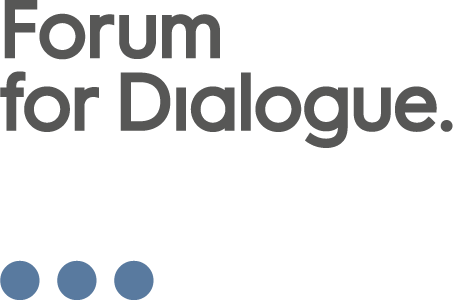In 2010 I was introduced to Nomina Rosae Foundation and its chairwoman, Ms.Maria Molenda. As time went on, I became increasingly involved in all activities of the foundation and finally devoted myself to the organization completely. Our task is to spread historical awareness through, among others, education programs, lectures, workshops, theater and film initiatives, retro fashion shows. In early 2014 we met Łukasz Połomski, a historian from Nowy Sącz, who had been running an initiative called “Sądecki Shtetl” which focuses on preserving and educating about the Nowy Sącz’s Jewish history. We combined his knowhow, enthusiasm and expertise with our experience and artistic approach to whatever we get involve in – and thus “Sądecki Shtetl” became part of our Foundation.
Although I am a trained linguist and work as a translator and editor, most of my professional life is devoted to working for the Foundation. You could say this is more than a full-time job. Above anything else, I am passionate about language studies – both in theory and practice – as well as cultural studies, history, psychology and other disciplines in which mank attempts to make sense of mankind and the processes governing the nature and reality around us.
Through “Sądecki Shtetl” we conduct a number of initiatives connected to commemorating Jewish history and spreading the knowledge about Jewish culture. These activities range from commemorative events, historical walks and exhibitions through academic research, published and cinematic works to theater productions, artistic performances and open sessions.




